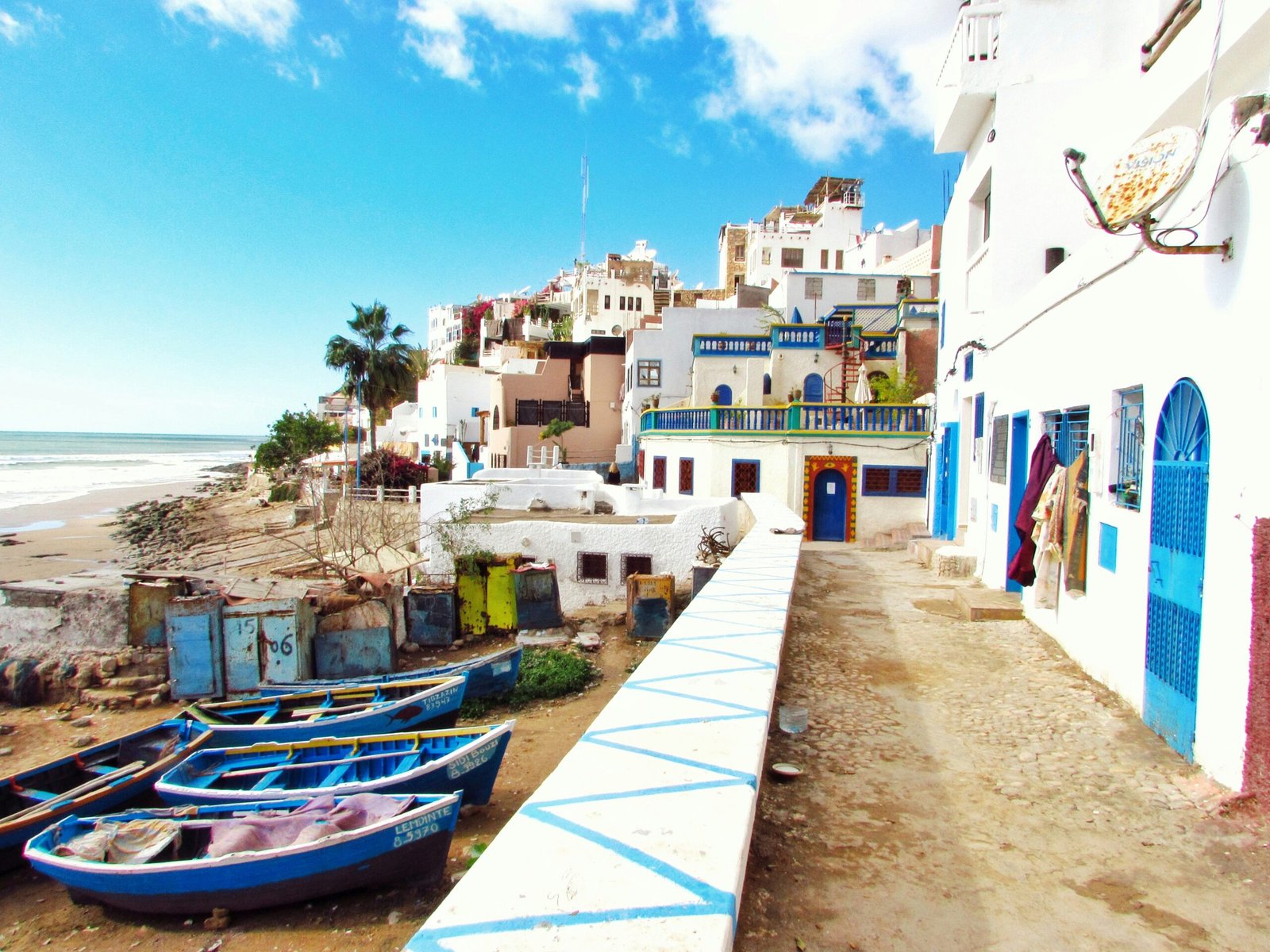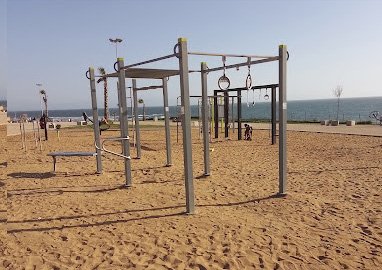Located in the mesmerizing region of Agadir, Anza Agadir stands as a testament to the rich history and cultural heritage that has shaped the area. With its intriguing past and significant events, Anza Agadir has become an essential landmark, captivating locals and visitors alike.
A Glimpse into the Past
Anza Agadir holds a captivating history that dates back centuries. It was once a bustling trading hub, where merchants from different regions gathered to exchange goods and ideas. The strategic location of Anza Agadir along the coast made it an ideal stopover for caravans traveling between the Sahara desert and the Atlantic Ocean.
Over time, Anza Agadir became a melting pot of cultures, with influences from Berbers, Arabs, and Europeans. This fusion of diverse backgrounds has left an indelible mark on the region’s traditions, architecture, and way of life.
Significant Events
Throughout its history, Anza Agadir has witnessed several significant events that have shaped the region and contributed to its historical significance. Let’s explore some of these key moments:
The Portuguese Occupation
In the 15th century, the Portuguese arrived in Anza Agadir and established a fortification to protect their interests along the coast. This occupation not only impacted the local population but also played a crucial role in the maritime trade routes of the time. The remnants of the Portuguese fortress still stand today, serving as a reminder of this pivotal period.
The Earthquake of 1960
One of the most tragic events in Anza Agadir’s history was the devastating earthquake that struck the city in 1960. The earthquake, measuring 5.7 on the Richter scale, resulted in the loss of thousands of lives and the destruction of much of the city. However, Anza Agadir rose from the ashes, showcasing the resilience and determination of its people.
The Rise of Tourism
In recent decades, Anza Agadir has experienced a significant boom in tourism. The city’s stunning coastline, vibrant culture, and historical landmarks have attracted travelers from around the world. This influx of visitors has not only revitalized the local economy but also brought attention to the historical and cultural significance of Anza Agadir.
Cultural Developments
Anza Agadir’s history is deeply intertwined with its cultural developments. The region’s unique blend of Berber, Arab, and European influences has shaped its traditions, arts, and architecture.
The Berber people, who have inhabited the region for centuries, have left an indelible mark on Anza Agadir’s cultural fabric. Their vibrant music, colorful handicrafts, and traditional festivals continue to thrive, providing a glimpse into their rich heritage.
Furthermore, the Arab influence in Anza Agadir is evident in the city’s architecture, particularly in the medina, with its narrow alleys, intricate tilework, and beautiful mosques. The medina offers a captivating journey through time, allowing visitors to immerse themselves in the region’s past.
Lastly, the European presence in Anza Agadir, particularly during the colonial era, has left its mark on the city’s cuisine, language, and urban planning. This fusion of cultures has created a unique blend that sets Anza Agadir apart from other destinations.
Preserving the Past for the Future
Anza Agadir’s historical significance serves as a reminder of the region’s rich heritage and the importance of preserving it for future generations. Efforts have been made to restore and protect historical sites, ensuring that the stories and memories of Anza Agadir’s past are not lost to time.
Visiting Anza Agadir offers a captivating journey through history, allowing travelers to immerse themselves in the region’s cultural tapestry. From exploring ancient ruins to experiencing traditional music and cuisine, the historical significance of Anza Agadir is an integral part of the region’s allure.
As we delve into the past, we gain a deeper appreciation for the present and a sense of responsibility to ensure that Anza Agadir’s historical significance continues to thrive for generations to come.






